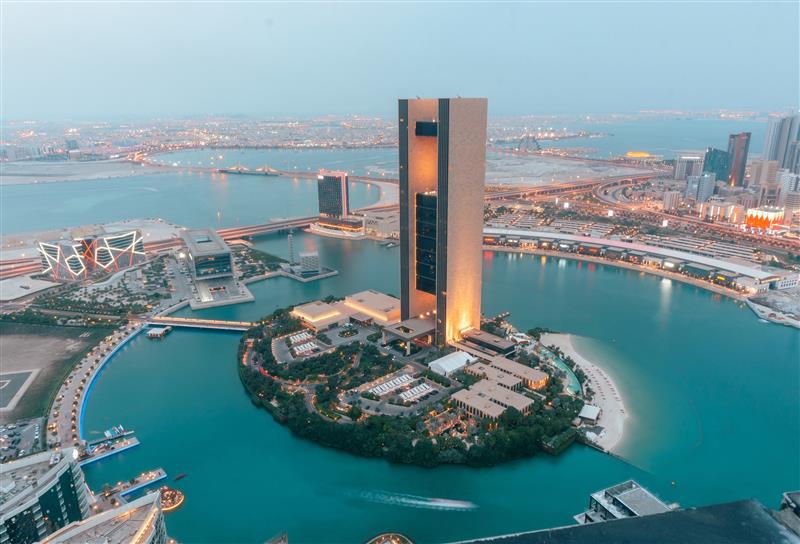Bahrain has introduced a new type of licence that offers incentives and simplified services to foreign and local companies bringing large investment projects into the country.
The new licenses are part of an economic recovery plan launched by the Gulf state in October 2021 that aims to create more than 20,000 annual jobs for its nationals by 2024 and attract $2.5 billion in foreign investment by 2023.
“Large-scale investments or strategic projects that will create more than 500 jobs in Bahrain or companies with investments exceeding $50 million will be eligible for the licenses,” the government said in a statement on Monday.
The new licenses offer a wide range of privileges and benefits to eligible companies, including preferential allocation of land for investment, infrastructure and services, and easier access to government services, support and development funding.
The system provides licensed companies with streamlined access to government services such as approval of business licenses and building permits, as well as support from Bahrain’s Labour Fund, Tamkeen and the Bahrain Development Bank.
Kingdom of Bahrain introduces Golden License to attract large-scale investment projectshttps://t.co/yOTLMfEjIc
— Bahrain News Agency (@bna_en) April 3, 2023
Other benefits include integrated collaboration with various government departments, a designated account manager with the Bahrain Economic Development Board, and potential review of existing laws and regulations where necessary and applicable.
The Gulf state said the initiative was based on its growing investment attractiveness. The country’s latest move reflects visa regimes and other economic and structural reforms being implemented across the GCC region as its oil-rich neighbors seek to attract talent and foreign investment as they prepare for life after oil.
Saudi Arabia, Qatar, the UAE and Oman are taking steps to grant permanent residency to some foreigners.
Meanwhile, the country’s investment promotion agency, the Bahrain Economic Development Board (Bahrain EDB), has attracted a record $1.1 billion in direct investment in 2022. Investments from 88 companies are expected to create more than 6,300 jobs in the Gulf state over the next three years.
Read: Bahrain’s economy to expand 4.9% in 2022, fastest in a decade
Bahrain boosts non-oil growth
Meanwhile, Bahrain recently announced that its economy will grow by 4.9% in 2022, the fastest pace in a decade, driven by accelerating growth in the non-oil sector.
The Gulf state’s non-oil sector grew 6.2% in 2022, its fastest growth rate in a decade. The country surpassed the 5% growth target set in the government’s economic recovery plan launched in 2021 in response to the pandemic.
Regional asset management and investment bank SICO projected the country’s real GDP to exceed $34 billion (13 billion Bahraini dinars) in 2022 and 2023.
The International Monetary Fund praised the Manama government’s strong commitment to the economic reform agenda outlined in the country’s recovery plan and revised budget balance plan.
The Kingdom unveiled an economic recovery plan in October 2021, which aims to spur more than $30 billion in investment and includes a regulatory reform package aimed at supporting $2.5 billion in foreign direct investment by 2023.
The initiative aims to boost domestic employment and attract investment in strategic non-oil sectors such as tourism, housing, transport and logistics and energy.
Projects include the construction of five offshore cities, the country’s metro and the expansion of Bapco’s oil refining capacity.
Aluminium Bahrain announced that it has commissioned its potlines 4 and 5 forced cooling network project in January 2023, in line with its economic recovery plan.
Read: UAE, Egypt, Jordan, Bahrain sign industrial deals worth $2 billion
The Gulf state also signed a $2 billion integrated industrial partnership with the UAE, Jordan and Egypt earlier in February, under which Bahrain’s Alpha Biotech signed a memorandum of understanding with Jordan’s Itcan Pharmaceutical to manufacture medicines.

